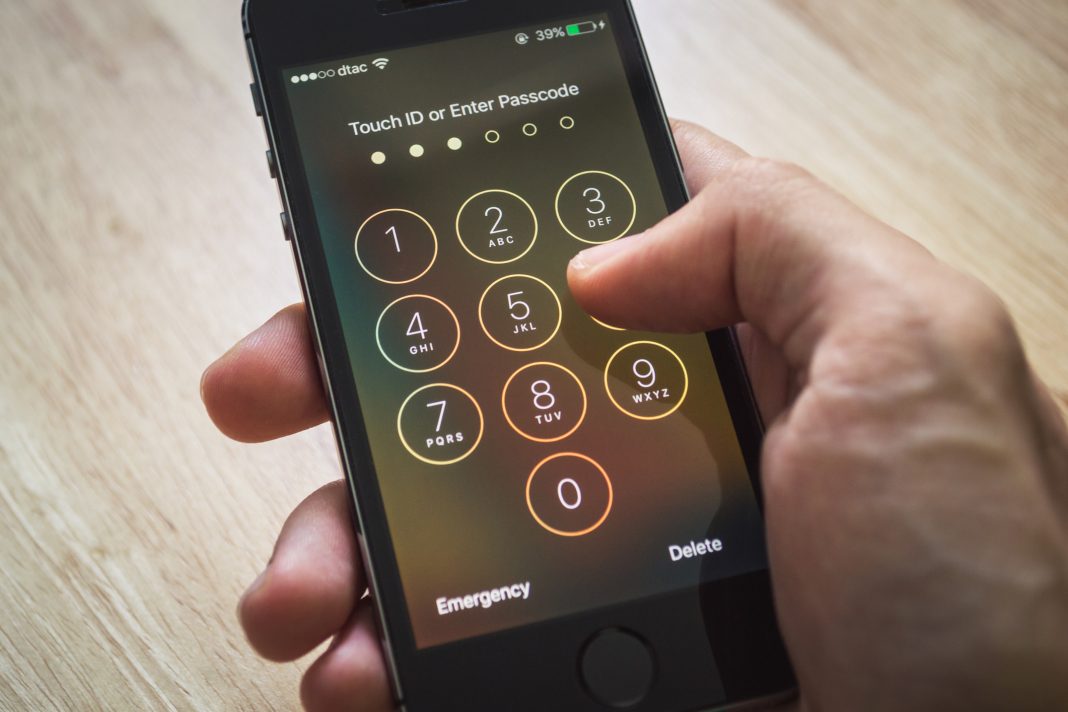Apple’s privacy-centric update to iOS will hit over a billion iPhone and iPad owners this week, with the stated purpose of giving users greater control of how their data and internet activity is tracked and shared.
The most noteworthy feature of iOS 14.5 is a prompt asking users if they’re willing to have their activity tracked by “apps and websites owned by other companies.” While this seems to be a relatively minor tweak to how owners interact with their phones and tablets, it could signal a massive change to the multibillion dollar online advertising industry, which depends on often-invasive behavioral tracking and sharing to monetize apps and websites.
Many free-to-use apps depend on relatively unfettered access to the data stored on personal devices to collect and resell: a health and fitness app, for example may share location and activity data with advertisers without informing or receiving express consent from its users. In giving users the ability to opt out of this data collection, a source of revenue will disappear, causing app developers and advertisers alike to retool their business models.
Unsurprisingly, many software and advertising companies that depend on the targeted practice have expressed displeasure with the move.
“While limiting how personalized ads can be used does impact larger companies like us, these changes will be devastating to small businesses,” stated a full page ad taken out by Facebook in the New York Times and Wall Street Journal, claiming that the new iOS version will “change the internet as we know it — for the worse.”
These arguments have largely been dismissed by privacy advocates who point to Facebook’s long and scandal-ridden history of tracking the behavior of both users and non-users of its social networking apps, as well as by Apple CEO Tim Cook.
“We know these things are flimsy arguments,” said Cook to the New York Times.
Others are quick to point out that Apple’s apparent pro-privacy stance isn’t as altruistic as Tim Cook may claim: the company nets up to thirty percent of app sales and subscriptions collected through the Apple App Store.
Despite skepticism as to his motives, many privacy advocates welcome the new update.
“Allowing users to choose what third-party tracking they will or will not tolerate, and forcing apps to request those permissions, gives users more knowledge of what apps are doing, helps protect users from abuse, and allows them to make the best decisions for themselves,” wrote Andrés Arrieta, the Director of Consumer Privacy Engineering for the Electronic Frontier Foundation.
Other companies that depend on online advertising revenue, are developing new methods of targeting potential customers. Google, in phasing out third-party cookies, has actively been pushing for a new means of collecting data for targeted advertising, called FLoC, or Federated Learning of Cohorts, which claims to be more privacy-friendly.
Takeaways:
- Apple’s newest update to its iOS line of products, including iPhones and iPads will now allow users to opt out of data tracking used by advertisers and companies dependent on data collection.
- Apps will still be able to collect data if device owners provide consent through a prompt.










